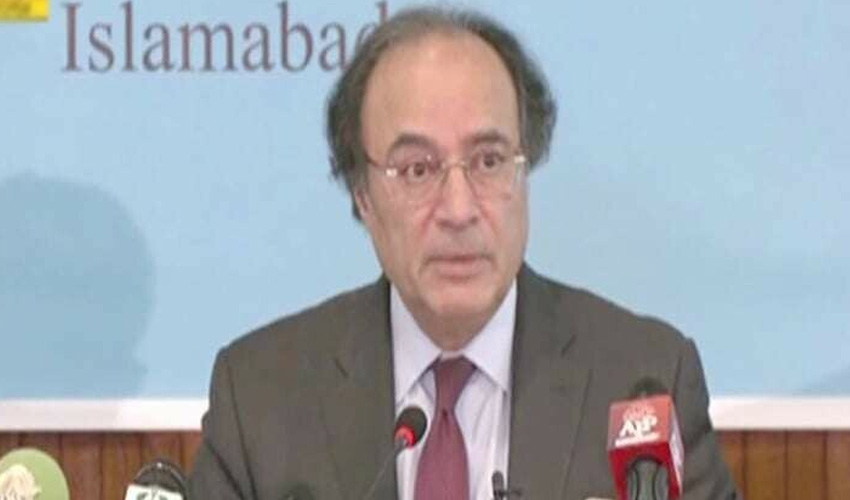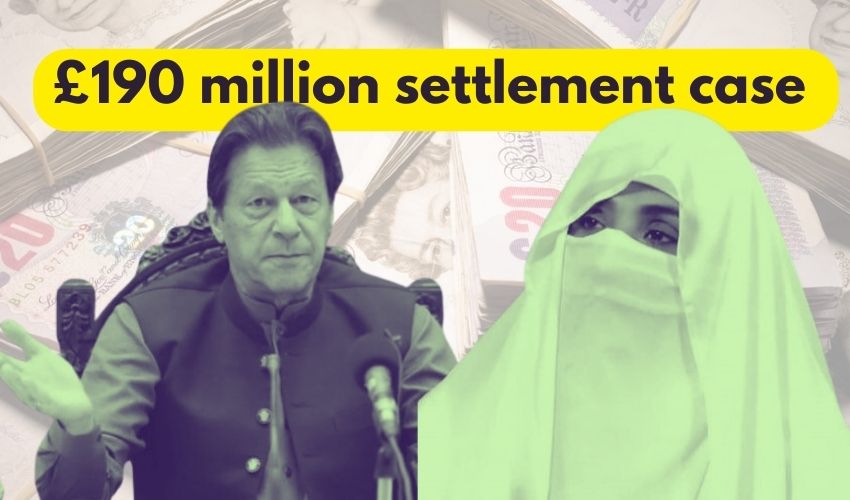The federal budget for the new financial year will be presented in the National Assembly on Wednesday (tomorrow), revealing an ambitious expenditure plan of Rs18,900 billion, based on a deficit of Rs9,800 billion.
The fiscal strategy will place a considerable burden on the public through heightened inflation and additional taxes, with electricity prices expected to rise by Rs5 to 7 per unit. Inflation is projected to exceed the official target of 12 percent.
For the first time in history, a Rs3,792 billion development budget has also been proposed.
Key points from the budget proposal include:
Development Projects and External Funding
Several development initiatives will depend heavily on external funding. The government has decided to borrow Rs 932 billion for these projects. Out of this, the federal government will take Rs 316 billion, while the provinces will borrow Rs 616 billion, with Sindh taking the largest share at Rs 334 billion. Khyber Pakhtunkhwa, Punjab, and other regions will also depend significantly on external debt.
Growth and Development Targets
The budget aims for a growth rate of 3.6 percent, with industrial development set at 4.4 percent and agricultural development at 2 percent. The export target is set at $40.5 billion, against an import target of $68.1 billion. The development budget is approved at Rs 827 billion, with key allocations including Rs 253 billion for energy, Rs 279 billion for communication, and Rs 93 billion for education. Additional funds are allocated for merged districts (Rs 64 billion) and Azad Kashmir and Gilgit-Baltistan (Rs 75 billion).
IT and Telecom Sector Prioritization
The government proposes to increase the development budget for the IT and telecom sector by over Rs 21 billion, totaling Rs 27.43 billion. Key allocations include Rs 21 billion for ongoing projects and Rs 6.28 billion for new initiatives. Notable projects include the Digital Economy project (Rs 3.5 billion), the IT park in Karachi (Rs 6.78 billion), the technology park in Islamabad (Rs 9.92 billion), and various IT startup and cybersecurity initiatives.
Sectoral Allocations
- Education: Rs 32 billion
- Health: Rs 17 billion for national health projects
- Infrastructure: Rs 877 billion for federal projects
- Energy: Rs 378 billion for federal development projects
Incentives and Social Welfare
Proposed incentives for small farmers, an increase in salaries and pensions for government employees (10-15 percent), and a scheme for providing cheap loans to farmers are under consideration.
The annual income tax exemption limit may increase from Rs600,000 to Rs900,000, while taxes are likely to rise for the salaried and non-salaried business classes. The target for tax collections is set at Rs13,000 billion.



























